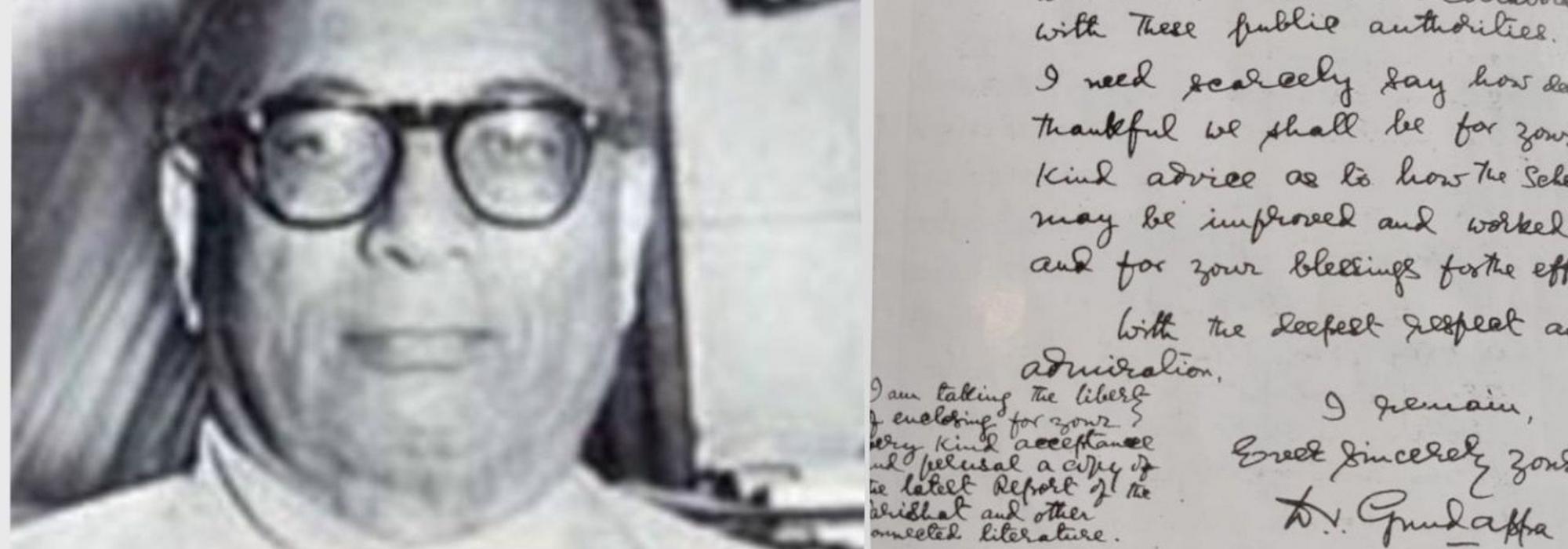That doesn’t mean we don’t want democracy at all. The State must be dependent on the citizenry is an important principle. The policies of the State as well as the rules and regulations must be in harmony with the majority. The extent of politics necessary (or adequate) for the majority to express its true opinion should be the extent to which their rights need to be protected. Democracy beyond that may lead to extremes.
Let us take a bird’s eye view of Mysore’s history across sixty years before independence. The only things a bird’s eye can catch are the topmost regions of apices and towers; the nooks and crannies of a building will not be visible to it. All in all, was the State able to achieve well-being? Was it able to attain glory? In case it was, to what extent? If it hasn’t been able to, why so? Our intent is to find answers to these questions.
Size is Immaterial
Is the State large or small – this question has no place in this context. Be it in expanse, population, or resources, there are many States on earth that are larger than Mysore; there are many States that are smaller too. Size of the State is irrelevant for us. The most important thing is the system of administration, policy, the wheels and joints of the State machinery, and their positions of strengths and weaknesses.
There is a giant clock on the central spire of Central College, Bangalore. A college-going girl with small hands wears a wristwatch. There are gigantic clocks, like the Big Ben (Westminster Bell), larger than the giant clock mentioned above. There are clocks of enormous sizes mounted on spires in several large cities like Paris and New York. The difference between these clocks and watches is merely their size, not their mechanism. The principle of the machine design is the same in all the three. The method involved in calculating the movements of the parts of the machines is also the same. In fact, it is the smaller watches that are more fragile. When watches or clocks need repair, smaller watches demand more caution and effort than the bigger watches or clocks. The State machinery is similar.
If large States face a certain set of difficulties and challenges, the smaller ones face their own. Just like an elephant has its weight to worry about, an ant has its own.
Moreover, Mysore wasn’t an independent State. It was a dependent State that operated under the instructions and supervision of British representatives. This limitation of power is something that we need to bear in mind.
Despite such restrictions, the fact that the State of Mysore successfully thrived with its head held high for a period as extensive as sixty years, is remarkable.
Mysore’s Accomplishments
The tasks that must be accomplished by a State can be classified under two categories –
- Routine: The usual, day-to-day activities related to administration.
- Progress: Elevating the standards of citizens’ well-being and prosperity.
Mysore was successful in managing both these aspects of State welfare.
Mysore has never been less than any other region or State in India; in fact, it was more advanced in certain aspects than many provinces. This is the achievement of the Mysore State’s administration and its system of governance.
It is my considered view that the sixty-year-long history of the Mysore State from 1880 to 1940 deserves to be carefully studied by the current generation of enlightened citizens. In no region of independent India can I claim that the State machinery is operating smoothly enough, progressively enough, and to people’s satisfaction as in Old Mysore.
There may be several people who won’t agree with this statement. I am not saying that the administration under the erstwhile Mysore State had no faults or lacunae. It was not absolutely flawless and free of lapses. But, which organization built and run by human beings is that perfect?
Minor personal discontent is quite common in any system of governance. Amongst those employed in the government, there is displeasure with the aspects such as seniority, promotions, transfers, and daily wages; and among the common folk, there are noises of displeasure related to things such as someone’s son not getting a job, some family member not getting a contract, or some relative not getting preference; these are trivial matters and are always around, hurting us in one way or the other, like the aching body of an old man.
The State is a human organization. Human errors and lapses are inevitable in such organizations. Questions such as: Is this a system free from all kinds of mistakes and lacunae? and Is it full of all the great qualities? are not the kinds of questions that need to be asked with regard to a government. To the extent that is humanly possible, are there enough means and measures to prevent blunders and to bring about improvement in quality? is what we need to ask. As an answer to this question, I can say that the system of governance in our erstwhile Mysore State was quite satisfactory.
The Role of the Dewan
In the administrative system before independence, the principal authority who ran the State machinery was the Dewan; in other words the Chief Minister. Regardless of whose suggestion it was or whose idea it was, it was implemented by the Chief Minister. Even if it was a will of the Mahārāja himself, or that of the Representative Assembly, Legislative Council, or the bureaucracy – regardless of where the idea had germinated, the authority that would bring it to shape on ground was the Dewan, or the Chief Minister. Further, the Dewan—or the Chief Minister—was the authority who took such decisions by thinking independently, without waiting for anybody’s suggestions or instructions, thereby earning the goodwill of people. This is the most prominent trait of our erstwhile tradition of governance.















































